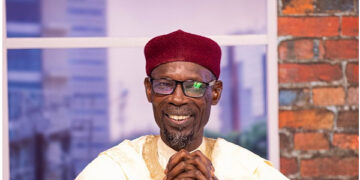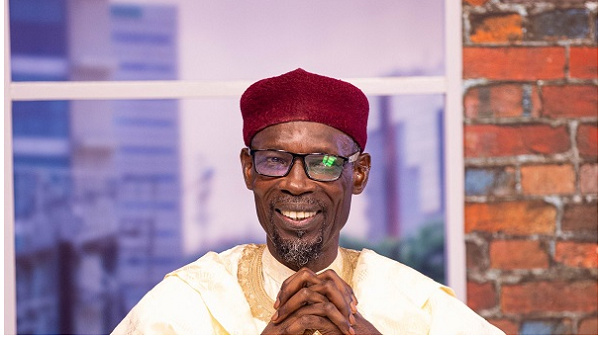Sheikh Aremeyaw Shaibu, spokesperson for the National Chief Imam, has issued a compelling appeal for collective action to combat modern slavery and defend the rights of migrant workers. He called on religious leaders, communities, and government institutions to join forces in restoring human dignity and protecting vulnerable populations from exploitation.
Speaking passionately on the issue, Sheikh Shaibu described modern slavery as a “serious violation of human dignity and self worth.” He emphasized the urgency of liberating those trapped in exploitative conditions and restoring their God given dignity. He particularly challenged religious and community leaders to take a central role in the fight against modern forms of enslavement.
“The pulpit must serve not only for spiritual guidance but as a platform to expose and condemn the dehumanizing nature of slavery and exploitation,” he said, urging religious leaders to educate their congregations and communities on these critical issues.
He also highlighted the importance of raising awareness among at risk groups especially youth and individuals in economically disadvantaged areas about the dangers of trafficking, exploitation, and misleading migration schemes.
Sheikh Shaibu called for intensified public education campaigns that challenge harmful cultural practices and traditions that enable modern slavery. He advocated for greater use of mass media radio, television, and digital platforms to foster community dialogue and spread accurate information.
In addition to awareness campaigns, Sheikh Shaibu stressed the importance of establishing strong support systems for survivors and those at risk of falling into slavery. He called on communities to provide care, rehabilitation, and reintegration services to help victims rebuild their lives.
Shifting focus to the plight of migrant workers, Sheikh Shaibu called for stronger legal protection and effective enforcement mechanisms. He urged governments to enact and uphold comprehensive legislation that protects the rights and dignity of migrant workers, both within the country and abroad.
He also emphasized the need to educate aspiring migrants on the realities of working overseas, including the potential for abuse and exploitation.




















